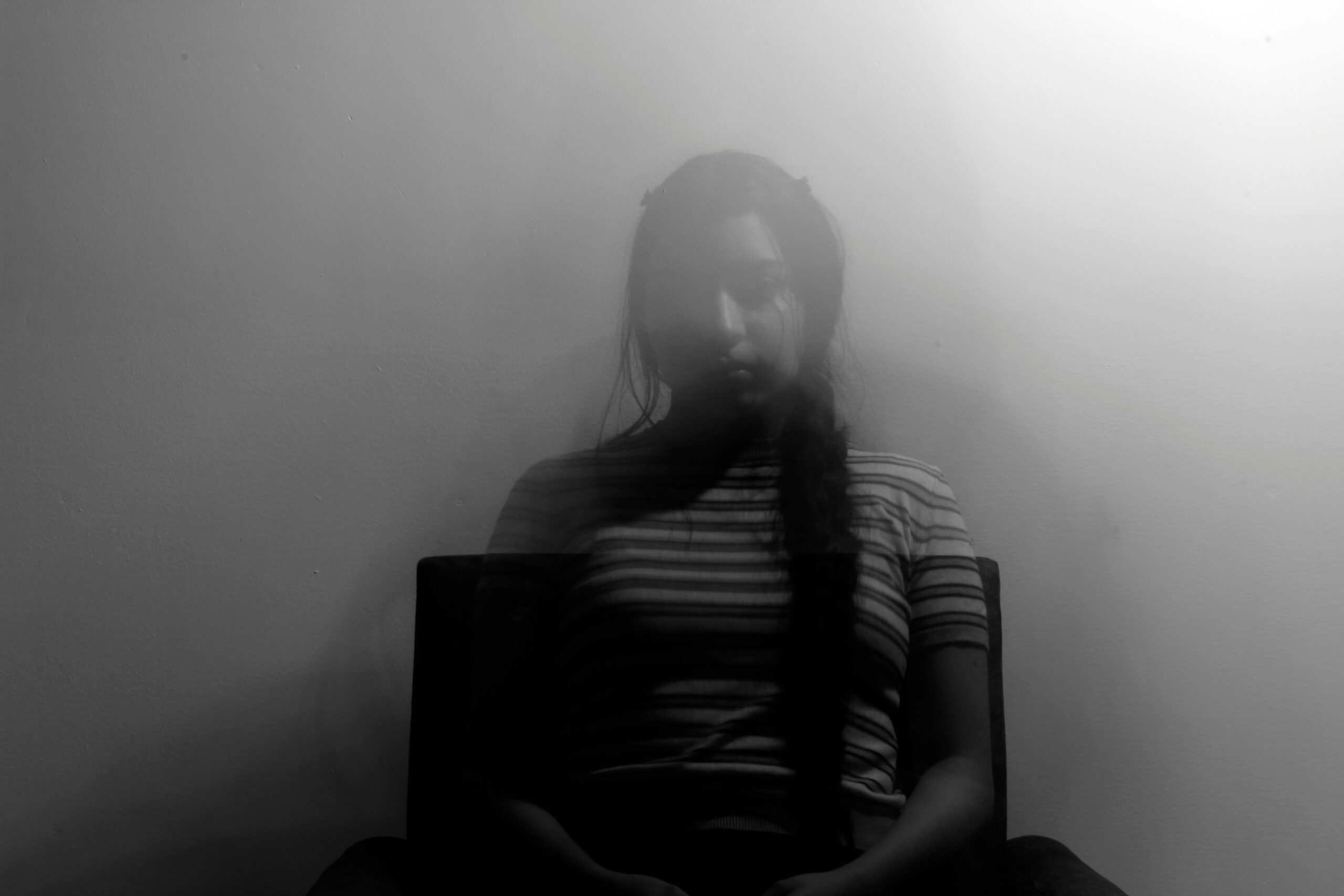Underage drinking is often brushed off as a normal part of growing up. Many teens experiment, and many parents hope it’s just a phase. But what often gets overlooked is how alcohol affects a teenager’s brain, not just in the moment, but in ways that can last well into adulthood.
The teenage years are a time of rapid brain growth and change. Drinking during this critical window can interfere with school, lead to risky behavior, and actually alter brain development.
These changes aren’t always easy to spot right away, but over time, they can impact memory, learning, emotional regulation, and decision-making. Here’s what to know about underage drinking effects on the brain, short and long-term.
Understanding How the Teen Brain Develops
The brain doesn’t finish developing when childhood ends. In fact, some of the most important changes happen during the teen years, and they continue into a person’s mid-20s.
This period is all about refining the brain’s structure, strengthening connections, and laying the groundwork for things like self-control, planning, and emotional resilience.
Here’s what’s happening under the surface:
The Prefrontal Cortex is Still Maturing
This part of the brain is responsible for judgment, impulse control, and decision-making. It’s one of the last regions to fully develop, which is part of why teens are more likely to take risks or act on impulse.
The Brain is Undergoing Synaptic Pruning
The brain forms an abundance of connections during childhood. In the teen years, it starts to “prune” the ones that aren’t used often to strengthen the ones that are. Alcohol can interfere with this process, disrupting how efficiently the brain organizes itself.
White Matter is Still Developing
White matter helps different parts of the brain communicate quickly and effectively. When alcohol interferes with white matter growth, it can slow down brain function and impact things like memory and attention.
Why This Matters
These changes are normal and necessary. But when alcohol gets involved too early, it throws a wrench into the process. Instead of supporting a teen’s ability to grow into a thoughtful, emotionally balanced adult, underage drinking can stunt critical development and leave lasting effects.
What Happens in the Brain When Teens Drink
When alcohol enters a developing brain, it doesn’t just affect behavior, but disrupts systems that are still being built. The teenage brain is more vulnerable to alcohol’s effects than the adult brain, and the damage can show up in ways that aren’t always visible right away.
Over time, those changes can affect how a teen thinks, learns, and manages emotions.
Alcohol Shrinks the Hippocampus
The hippocampus plays a major role in learning and memory. In teens who drink heavily or binge drink, this part of the brain is often noticeably smaller than in teens who don’t. That size difference matters.
A smaller or underdeveloped hippocampus makes it harder to retain information, recall what was learned, or stay focused in school. Even occasional binge drinking can cause changes in this area, especially when alcohol use starts young. For teens still learning how to study, pay attention, and succeed in school, damage to the hippocampus can create serious roadblocks.
The Prefrontal Cortex Can’t Do Its Job
The prefrontal cortex is responsible for decision-making, impulse control, and long-term thinking. It’s one of the last parts of the brain to fully mature, which is why teens already struggle with risk-taking and emotional regulation.
Alcohol makes that worse. It slows development in this area and can even change the way the prefrontal cortex is wired. That can lead to poor judgment, more impulsive behavior, and trouble thinking through consequences, both while drinking and long after.
Brain Communication Slows Down
White matter in the brain acts like a highway system, helping different areas talk to each other quickly and efficiently. During the teen years, white matter is still growing. Alcohol can interrupt that growth, damaging the pathways the brain uses to process information.
The result? Slower thinking, poor coordination, and trouble focusing. Tasks that used to feel simple — like taking notes, solving a math problem, or remembering instructions — can suddenly become harder. These issues don’t always go away when the drinking stops, especially if alcohol use started young or became frequent.
Emotional Balance Gets Thrown Off
Teens are already navigating intense emotional changes. The areas of the brain that process emotions, like the amygdala and limbic system, are still developing, and alcohol throws off the balance.
Drinking can heighten feelings of anxiety, depression, and irritability. Over time, it may also change the brain’s natural ability to manage stress or feel pleasure. This can make it harder for teens to cope with everyday problems without turning to substances again, raising the risk of a long-term struggle with alcohol or other drugs.
Short-Term Effects of Binge Drinking on a Teen’s Brain
Many teens think of binge drinking as something that only affects them in the moment. But even after the buzz wears off, the brain can take days to fully recover. Because the teenage brain is still developing, it’s especially sensitive to alcohol’s immediate effects.
These short-term changes can interfere with learning, decision-making, and basic functioning.
Memory and Learning Problems
Binge drinking disrupts the hippocampus, the part of the brain responsible for forming and storing new memories. After a binge, teens may have trouble recalling things they learned in school, following conversations, or remembering important details. In some cases, blackouts can occur, where large chunks of time are completely lost.
Poor Judgment and Risky Behavior
Alcohol weakens the prefrontal cortex, the brain’s control center for decision-making and impulse regulation. That’s why teens who binge drink are more likely to take dangerous risks like driving under the influence, engaging in unsafe sex, or getting into fights. The brain’s natural warning system gets muted, making risky choices feel less serious in the moment.
Slow Reaction Time and Poor Coordination
Alcohol slows down how the brain processes information. This affects motor skills, balance, and reflexes. After binge drinking, teens may feel clumsy, off-balance, or disoriented. That lag in response time can lead to injuries, falls, and accidents, especially in sports or behind the wheel.
Emotional Volatility
Even short-term drinking can heighten emotions. Teens may become more irritable, angry, or tearful while drinking or during the hangover period. Alcohol throws off the brain’s ability to regulate mood, making emotional swings more intense and harder to control.
Long-Term Effects: How Teen Binge Drinking Can Follow You Into Adulthood
While short-term effects may fade in a few days, the long-term consequences of binge drinking during adolescence can last for years. Drinking heavily during this stage of brain development sets the stage for lifelong struggles with impulse control, mental health, and alcohol use.
A Higher Risk of Alcoholism
Teens who binge drink are significantly more likely to develop alcohol use disorder as adults. When the brain is exposed to high levels of alcohol during its developmental years, it begins to build habits around that exposure.
Over time, this creates a pattern of using alcohol to cope with stress, boredom, or emotions. These patterns often carry into college and beyond, increasing the risk of long-term dependence.
Delayed Brain Maturation
Chronic binge drinking during the teen years can physically alter the brain’s structure. Areas like the prefrontal cortex and hippocampus may develop more slowly, or not as fully. That can result in long-term problems with memory, focus, and self-regulation.
Even if drinking stops, the effects may linger, especially if alcohol use started early and continued over time.
Ongoing Mental Health Struggles
Early alcohol use has been linked to higher rates of depression, anxiety, and mood disorders in adulthood. Alcohol changes how the brain manages stress and processes emotions, making it harder to regulate mood naturally.
Many adults who started drinking heavily as teens report using alcohol later in life to “take the edge off,” which can make mental health symptoms worse in the long run.
Trouble With Relationships, Work, and Daily Life
Long-term changes in the brain’s ability to manage emotions, think clearly, and make sound decisions can affect nearly every part of adult life. Adults who struggled with binge drinking as teens may find it harder to hold down a job, maintain healthy relationships, or stay organized and focused. These challenges often stem from the ways early alcohol use shaped their brain’s development.
Start Rewiring the Patterns That Started Years Ago
If you started drinking as a teen, you may be carrying habits and brain changes that took root before you even realized it. But that doesn’t mean you’re stuck. Recovery is possible and starts with a treatment plan that fits your life.
At Northpoint Recovery, we offer personalized alcohol addiction treatment plans built around your unique history, challenges, and goals. Whether this is your first time seeking help or you’ve been here before, we’ll meet you where you are and help you move forward.
Contact us today to learn how our programs can help you retrain your brain, rebuild your routines, and take back control of your future.


